UI and UX website design tools are essential for creating user-friendly and visually appealing websites. UI, or user interface, refers to the design of the website’s interface, including the layout, buttons, and other interactive elements.
UX, or user experience, refers to the overall experience of the user when interacting with the website, including how easy it is to navigate, find information, and complete tasks.
There are many different tools available for designing the UI and UX of a website, including both online and offline tools. Some popular online tools include:
Sketch
This is a popular design tool that allows designers to create wireframes, mockups, and prototypes of their website designs. It has a simple and intuitive interface, making it easy to use even for beginners.
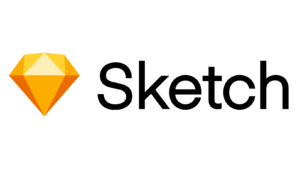
InVision
This is a powerful design tool that allows designers to create interactive prototypes of their website designs. It has a wide range of features, including collaboration tools, real-time feedback, and version control.
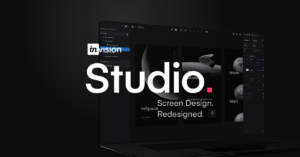
Figma
This is a cloud-based design tool that allows designers to create and collaborate on website designs in real-time. It has a user-friendly interface and a wide range of features, including vector editing, prototyping, and design systems.
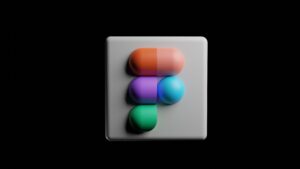
Canva
Canva is a popular online design tool that allows users to create a wide range of visual content, including graphics, presentations, posters, social media posts and website pages. It has a user-friendly interface and a wide range of pre-made templates, making it easy for users to create professional-looking designs even if they have no design experience. Canva also offers a range of advanced features, including collaboration tools, custom fonts, and a library of over a million stock photos, illustrations, and icons.
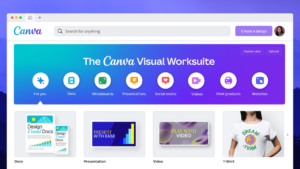
Wix
Wix is a popular website builder that allows users to create professional-looking websites without any coding knowledge. It offers a range of customizable templates and drag-and-drop design tools, making it easy for users to create unique and user-friendly websites. Wix also offers a range of advanced features, including e-commerce capabilities, SEO tools, and mobile optimization.
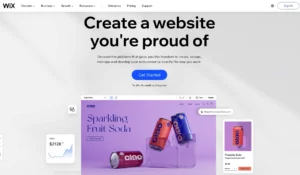
Themeforest
ThemeForest is an online marketplace for website templates and themes. It is a popular destination for web designers and developers who are looking for professionally designed and coded templates for a wide range of platforms, including WordPress, Joomla, and Shopify. ThemeForest offers a wide range of templates, covering a variety of styles and niches, and it is known for its high-quality templates and easy-to-use interface.
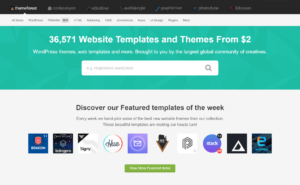
There are also many offline tools that can be useful for designing the UI and UX of a website, including:
Pen and paper
Sometimes the simplest tools can be the most effective. Sketching out ideas with a pen and paper can be a great way to quickly prototype ideas and explore different design options.

Whiteboard
A whiteboard can be a useful tool for brainstorming and collaboration. It allows designers to quickly draw and sketch out ideas, and it’s easy to erase and make changes.

UI and UX website design tools are essential for creating beautiful websites with ease and smoothly. Whether you use online or offline tools, the key is to find the right tools that work for you and your design process.
By using the right tools, you can create a website that provides a great user experience and helps you achieve your business goals.



